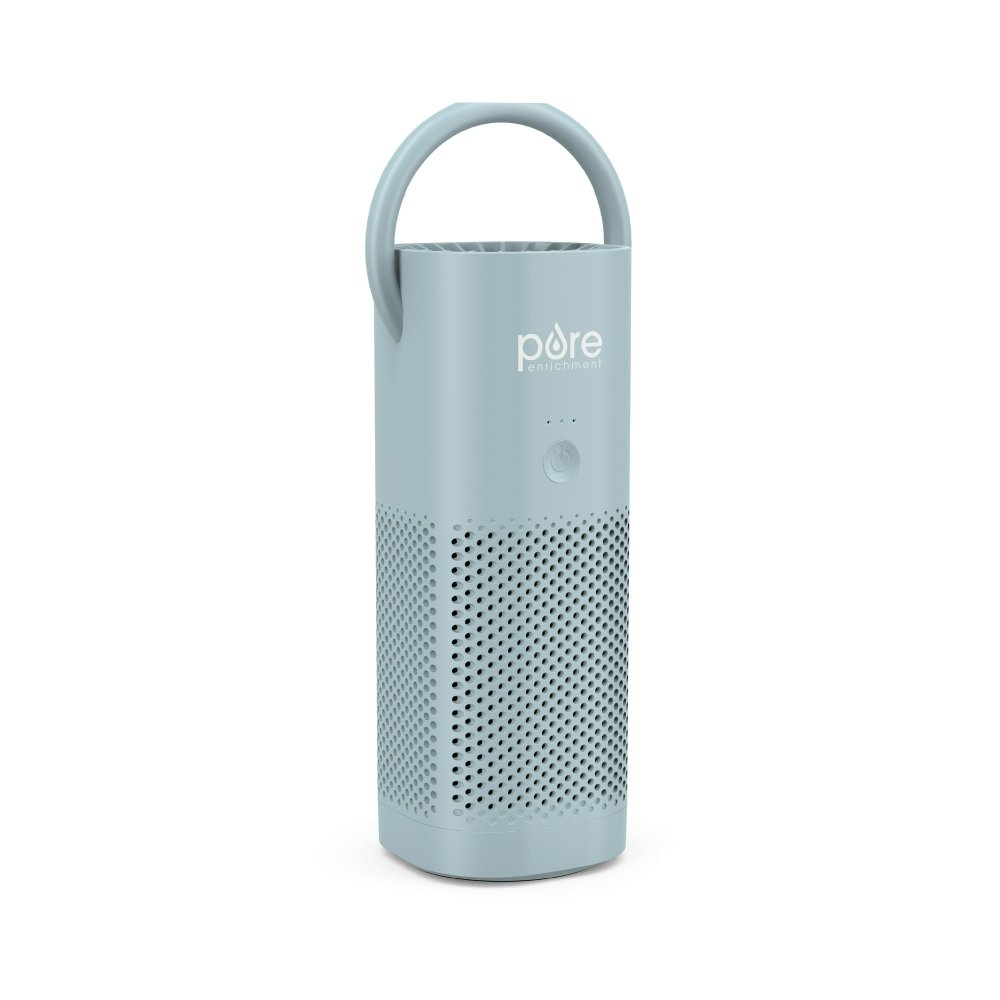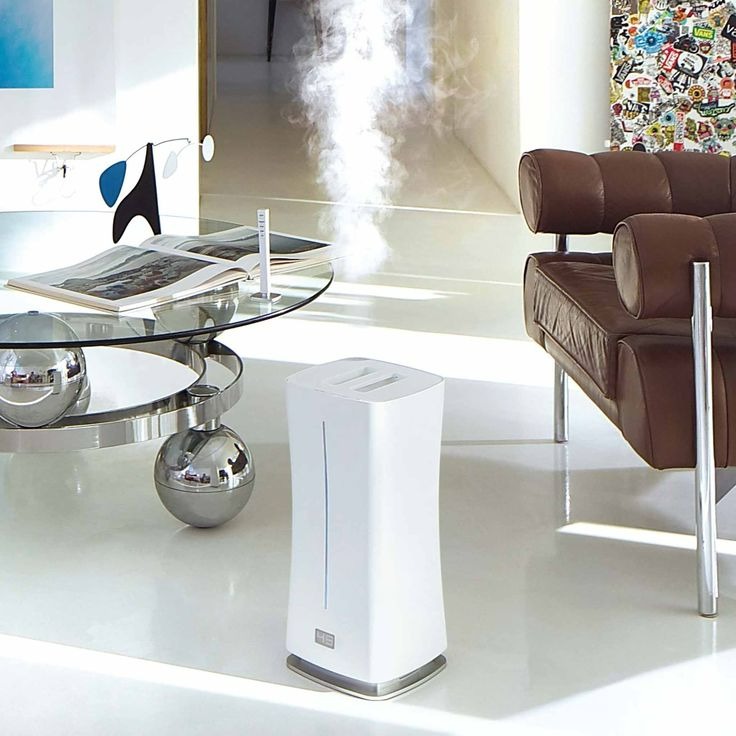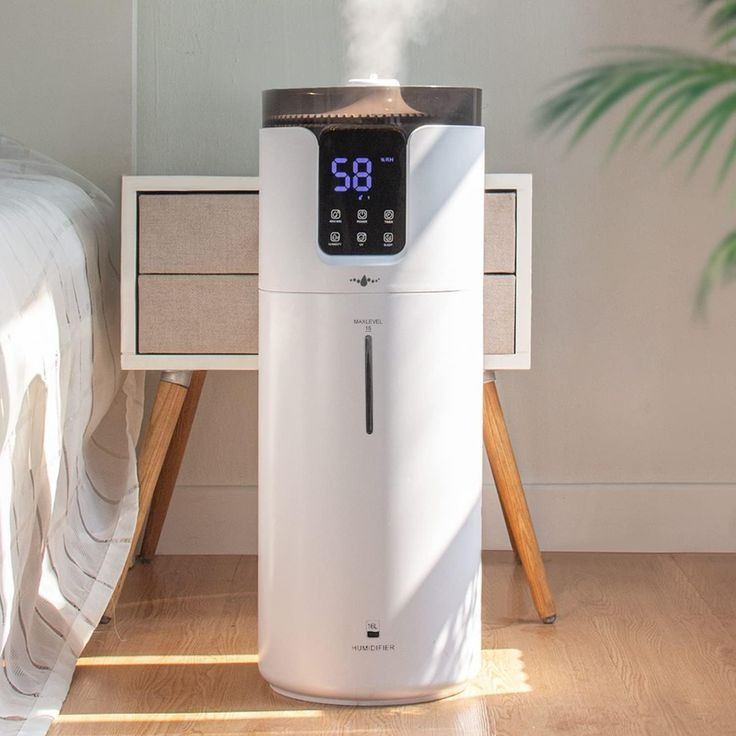Creating a comfortable living environment involves managing both the humidity and the air quality within your home. Two appliances often discussed in conjunction when it comes to air management: humidifier vs air purifier. While both devices aim to improve your indoor environment, they serve distinct purposes and address different issues. This comprehensive guide explores the functionalities, benefits, and drawbacks of humidifiers and air purifiers, helping you determine which one is better suited for your home.
Understanding Humidifiers: Functionality and Benefits
A humidifier increases the moisture content in the air, which is particularly beneficial in dry environments or during cold months when heating systems tend to dry out indoor air. It can alleviate symptoms associated with dry air such as dry skin, irritated sinuses, and respiratory problems. There are several types of humidifiers available, including cool mist, warm mist, ultrasonic, and evaporative models. Each type operates uniquely, but their primary goal remains the same: to add humidity to indoor air.
Types of Humidifiers and How They Work
- Cool Mist Humidifiers: These devices disperse a cool, visible mist into the air. They often use a fan to evaporate water, offering a refreshing and soothing effect. Cool mist humidifiers work well in larger rooms.
- Warm Mist Humidifiers: These models boil water and release steam into the air. While they can effectively kill bacteria and germs in the water, they can also pose a risk of burns, making them unsuitable for homes with children or pets.
- Ultrasonic Humidifiers: Using ultrasonic vibrations, these humidifiers break water into fine mist particles, which are silently released into the room. They are energy-efficient and generally quieter than other types.
- Evaporative Humidifiers: These rely on a fan to pull air through a wet wick or filter. They naturally regulate humidity levels because as the air becomes more humid, the evaporation process slows down.
Benefits of a Humidifier
The advantages of using a humidifier in your home are manifold. For starters, it alleviates dry skin and chapped lips, especially during the winter months when indoor heating can sap moisture from the air. It also aids in reducing the incidence of colds and respiratory infections. When air is humidified, the mucous membranes in your nose remain moist, helping to fend off viruses and allergens. Moreover, humidifiers can assist in preserving wooden furniture, ensuring that it does not crack or warp due to low humidity. For those who suffer from asthma or allergies, adding moisture to the air can minimize symptoms, improving comfort and quality of life.

Exploring Air Purifiers: Functionality and Benefits
Conversely, air purifiers aim to improve air quality by filtering out pollutants, allergens, and harmful particles present in the air. These devices pull air through filters or utilize advanced technology to clean the air, making it safer and healthier to breathe.
Types of Air Purifiers and How They Work
- HEPA Air Purifiers: High-Efficiency Particulate Air (HEPA) purifiers effectively capture 99.97% of particles measuring 0.3 microns or larger. These include dust, pollen, smoke, and pet dander. They are ideal for homes with allergy sufferers.
- Activated Carbon Air Purifiers: These purifiers use activated carbon filters that absorb odors, volatile organic compounds (VOCs), and other gaseous pollutants. They are particularly useful in kitchens and smoking areas.
- UV Light Air Purifiers: These models use ultraviolet light to kill bacteria and viruses as air passes through them. They can significantly reduce the presence of pathogens in the air, making them excellent for households concerned about germs.
- Ionizing Air Purifiers: These devices emit negative ions that attach to airborne particles, causing them to clump together and fall to the ground or get trapped in a collection plate within the purifier.
Benefits of an Air Purifier
Air purifiers provide numerous benefits, especially for those with allergies, asthma, or respiratory issues. They remove dust, smoke, pet hair, and pollen, creating a cleaner, healthier living space. By filtering out harmful particles, air purifiers can reduce the risk of respiratory infections and improve overall well-being. Additionally, these devices can eliminate unpleasant odors, making your home smell fresher. For families with infants or elderly members, an air purifier provides an additional layer of protection against airborne illnesses.

Humidifier vs Air Purifier: Contrasting Functions
While both humidifiers and air purifiers improve your home’s environment, they serve entirely different functions. Humidifiers focus on adding moisture to the air, addressing dry air problems, while air purifiers concentrate on removing contaminants from it. Therefore, determining which is better for your home depends on your specific challenges and wellness goals.
When to Use a Humidifier
Consider a humidifier if you live in a dry climate where humidity levels often dip below 30%. This is particularly common during winter when heating systems can deplete moisture from the air significantly. Symptoms such as dry skin, scratchy throat, and nasal irritation should prompt you to think about adding humidity through a humidifier. Additionally, if you’re prone to respiratory infections or seasonal allergies, using a humidifier may help keep your nasal passages moist, making breathing easier and promoting healing.
When to Use an Air Purifier
On the other hand, an air purifier is advisable in homes plagued with dust, allergens, smoke, or chemical pollutants. If you or anyone in your household suffers from asthma or allergies, an air purifier can significantly improve air quality and overall health. A clean air environment enhances sleep quality, increases productivity, and reduces the risk of airborne illnesses. Air purifiers are most beneficial in urban settings where outdoor pollution and indoor allergens are prevalent.

Combining Humidifiers and Air Purifiers
Considering the unique benefits of both devices, many homeowners find value in using both a humidifier and an air purifier simultaneously. This combination can provide a comprehensive approach to indoor air quality and moisture management. Using both devices counters the dry air that frequently occurs in homes with active heating systems while simultaneously purifying the air from allergens and harmful pollutants.
The Synergistic Benefits of Dual Usage
When employed together, a humidifier adds necessary moisture to the air, which can, in turn, support the effectiveness of an air purifier. Many HEPA filters, for instance, work better in slightly humidified environments where larger particles have more mass and can be captured more effectively. Moreover, the presence of humidity can mitigate dryness-related discomfort that might arise from prolonged air purification, creating a more balanced indoor atmosphere.
Considerations for Choosing Between a Humidifier and Air Purifier
When deciding between a humidifier and an air purifier, several factors should dictate your choice. First, assess your primary focus. Are you dealing with dry air issues, or are you more concerned about indoor air quality and allergens? Understanding your specific needs will help you make an informed decision.
Lifestyle and Space Considerations
Consider your living environment and any lifestyle factors that may influence your choice. For instance, families with children or pets might benefit more from an air purifier to minimize allergens, while households experiencing dry winter air could prioritize a humidifier. Evaluate your home’s size and layout. Large spaces might require high-capacity devices, or you may need multiple units for comprehensive coverage.
Maintenance and Costs
Both devices require maintenance, but the nature of that maintenance differs. Humidifiers often need regular cleaning to prevent mold and bacteria growth, while air purifiers necessitate filter replacements. Researching maintenance needs, costs, and frequency will help you budget and ensure that the device you choose remains effective over time.
Conclusion: Making the Right Choice for Your Home
Ultimately, the choice between humidifier vs air purifier hinges on your unique situation and priorities. If you seek to combat dry air and its myriad effects, then a humidifier clearly fulfills that need. Conversely, if you aim to enhance the quality of the air you breathe, then an air purifier rises to the occasion.
For many households, employing both devices creates an optimum living environment by addressing both humidity levels and pollutant elimination. Consult with health professionals or indoor air quality experts if you remain uncertain about your needs. When it comes to ensuring a healthy and comfortable home, informed choices will lead you in the right direction. The right device—or combination thereof—can significantly improve your indoor environment, contributing to overall wellness and happiness.